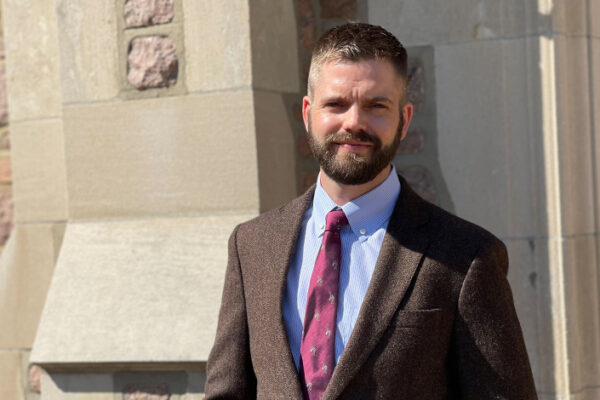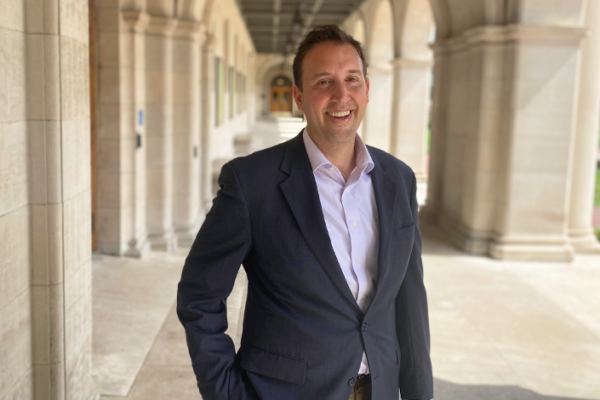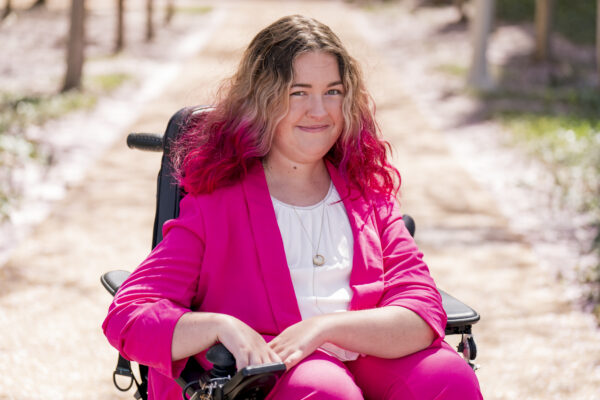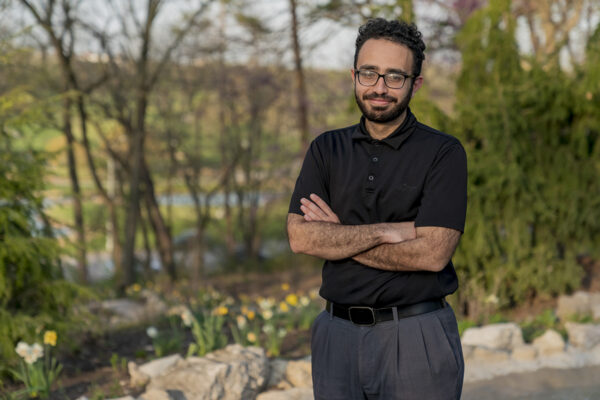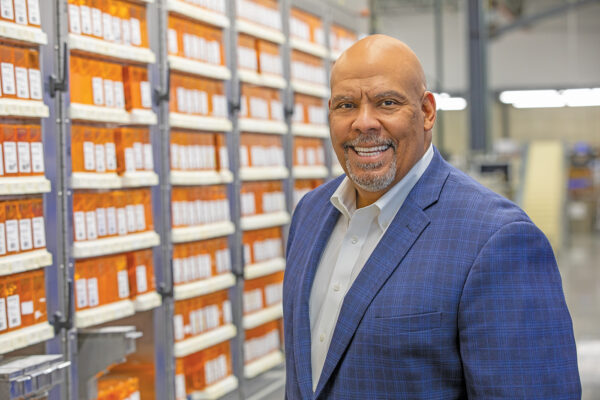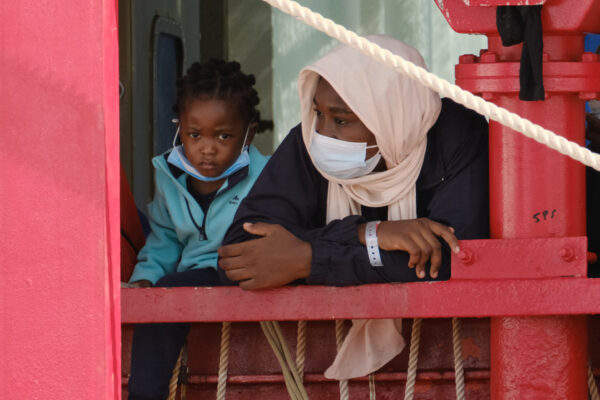Goldbach wins $3M NIH grant to study violence in LGBTQ adolescents
Jeremy Goldbach, the Masters & Johnson Distinguished Professor in Sexual Health and Education at the Brown School, has received a five-year $3 million grant from the National Institutes of Health (NIH) to better understand intimate partner violence among LGBTQ adolescents.
Jabbari awarded $512,000 grant from William T. Grant Foundation
Jason Jabbari, research assistant professor with the Social Policy Institute at Washington University, received a $512,000 grant from The William T. Grant Foundation to understand if and how the Choice Neighborhood Initiative reduces racial inequalities in academic outcomes for children and youth.
Demographics, not bias, best predict traffic stops
New research from the lab of psychologist Calvin Lai in Arts & Sciences shows that the racial demographics of a county, more than other factors, help predict discrepancies when it comes to who gets pulled over by police.
Parents’ mental health was worse during pandemic, study finds
Hybrid school during the COVID-19 pandemic was associated with worse parental mental health, as was working from home, finds a new study from the Brown School.
Class Acts: Ellie Stitzer
Ellie Stitzer, who is set to graduate in May with a law degree from Washington University School of Law, is a passionate advocate for disability rights.
Class Acts: Abram Saroufim
Abram Saroufim wants to help develop culturally appropriate interventions to support mental health in immigrant communities in the United States and, later, in different nations around the world.
Ssewamala awarded $5.7M for work in Uganda
Fred Ssewamala, the William E. Gordon Distinguished Professor at the Brown School, along with colleagues, has received $5.7 million in two separate grants from the National Institutes of Health (NIH) for his work in sub-Saharan Africa.
Child tax credit reduced usage of high-cost financial services
Families who were eligible for the child tax credit experienced improved nutrition, decreased reliance on credit cards and other high-risk financial services, and made long-term educational investments for both parents and children, finds a new report from Washington University in St. Louis.
Making life-saving medicine available
Michael Holmes was determined to make a difference, and with a little guidance from above, help from pharmaceutical companies and some ingenuity, he started saving lives with Rx Outreach.
Gender-based violence among refugee women increased during COVID
The COVID-19 pandemic has exacerbated risks of violence for refugee and migrant girls and women, finds a new report from the Brown School and UNICEF.
Older Stories
